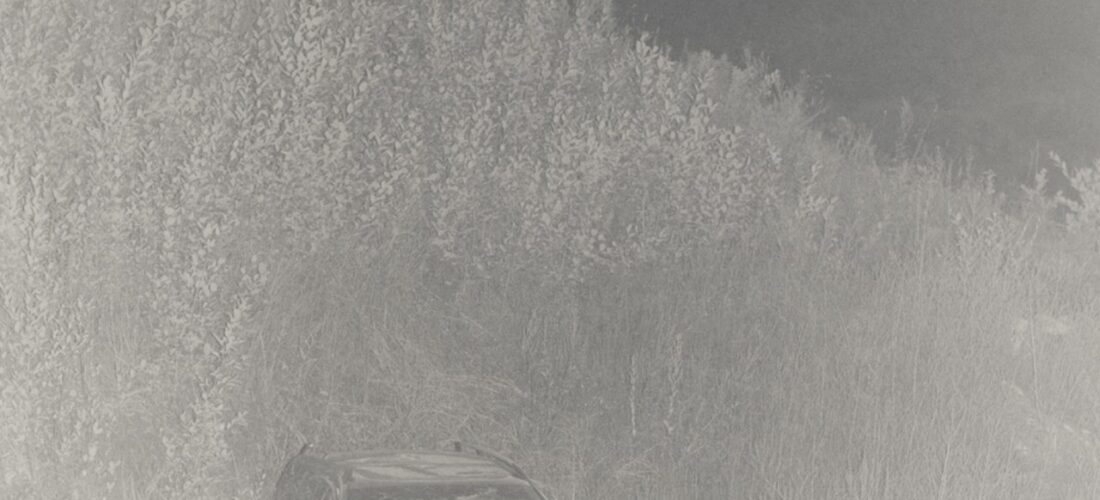An apprehensive energy charges the atmosphere just before a thunderstorm erupts. The light seems wrong, shadows washed out by the flat, sickly greenish hue of the sky. You can feel the air thinning as the barometric pressure drops, preparing for the coming gusts of wind and spiky torrents of rain or hail. Those moments seem to last forever, stretching time taut until the storm finally arrives, offering a respite from the tension.
That nervous, clenched-jaw feeling saturates the beguiling Statik, Darren Cunningham’s latest album as Actress. It’s a soft and unsettling record, quietly off-gassing its paranoid aura like a decaying piece of fruit in a well-appointed kitchen. Even the album’s most beautiful passages—and there are many—move with an anxious slink, as if Cunningham had composed these tracks while hunched over, eyes darting, his shoulders brushing his ears. The majority of Statik came from an unbroken period of productivity Cunningham describes as an “extensive flow state,” and that deep focus gives it a cohesion that some of his previous records lacked. Each song seems to grow out of the preceding one, like a coral reef blossoming into a strange and singular world.
Cunningham conceals most of his sounds beneath a blanket of hiss, smudging everything into a blurry haze. He’ll often use sidechain compression to carve out kick drums, giving them the effect of railroad signals strobing on a foggy night. There’s a pervasive dreamlike atmosphere, as if each instrument is being played in a different space, all traveling significant distances to arrive in your headphones. The initial ambient moments of “System Verse” glimmer like light pollution on the horizon, wispy synth pads floating around a murky bass rhythm. As the song fades in, it feels as though it’s slowly—almost menacingly—approaching, coalescing into a muted but propulsive 140 BPM techno track. It can be difficult to compute exactly what’s happening at any given time on Statik, even if the elements are generally familiar.
A disorienting amount of tension yields very little resolution. The squirming synthesizer sequences in “Ray” overlap but never seem to touch each other, their circular standoff egged on by the insistent click of 16th-note hi-hats. “Cafe del Mars” features a delirious cascade of arpeggios accented by a string synth, building anticipation for a chord change that never comes. When Cunningham does offer a break from the pressure, he tends to bury it deep in the mix. The gentle flanged guitar melody on “Dolphin Spray” softens the song’s staccato edge, but you have to strain to make it out. Any moments of serenity are fleeting, at constant risk of being overshadowed by the looming dread.
